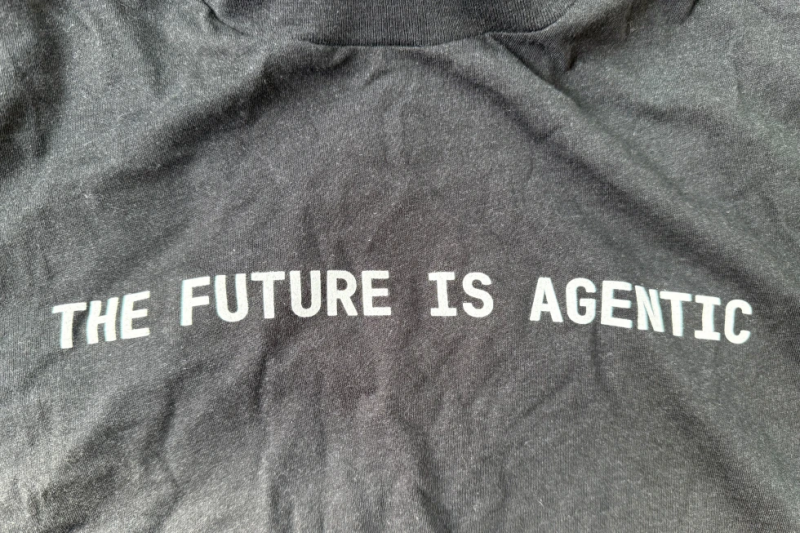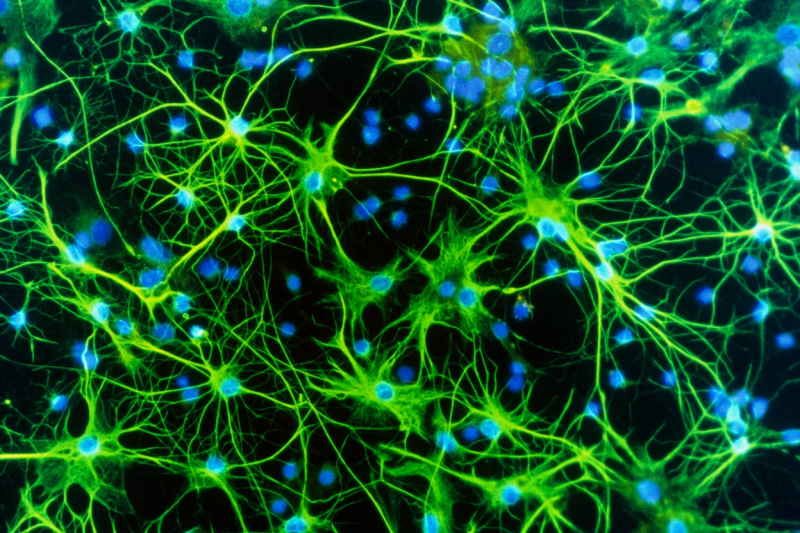Enjoy a helping of news!
DECEMBER 3, 2025

MEDICINE
Hidden blood molecules show surprising anti-aging power | ScienceDaily
Scientists have identified new anti-aging compounds produced by a little-studied blood bacterium. These indole metabolites were able to reduce inflammation, oxidative stress, and collagen-damaging activity in skin cell cultures. Three of the compounds, including two never seen before, showed particularly strong effects. The findings hint at a surprising new source for future skin-rejuvenation therapies.
New study finds cancer-linked compounds in common foods | ScienceDaily
Scientists have found that common foods can contain hidden contaminants formed during cooking or through environmental exposure. A new testing method called QuEChERS helps identify these chemicals more quickly and with greater ease. The research showed strong accuracy and high sensitivity across multiple food samples. This streamlined approach could improve food safety checks while reducing chemical waste.
Doctors are seeing more aggressive breast cancer in younger women than expected | ScienceDaily
Younger women are being diagnosed with breast cancer more often than screening guidelines anticipate. Many of these cancers are invasive and harder to treat, especially in those under 40. After analyzing 11 years of data, researchers found that this age group makes up a steady and significant share of diagnoses. The results support a stronger push for earlier risk evaluation.
CMS unveils ACCESS model to expand digital care for Medicare patients | MobiHealthNews
ACCESS is a decade-long initiative to expand tech-enabled care and outcome-based payments for Medicare patients with obesity, diabetes, chronic pain and depression.
Insulet unveils plans for new diabetes devices | MedTech Dive
The medtech firm plans to launch its next flagship patch-pump in 2027, and its first fully closed loop system for Type 2 diabetes in 2028.

'Agentic' AI is a buzzword made up of marketing fluff and real promise | AP News If you’re confused, you’re not alone. Google searches for “agentic” skyrocketed from near obscurity a year ago to a peak this fall. Merriam-Webster hasn’t added it to the dictionary but lists “agentic” as a slang or trending term defined as: “Able to accomplish results with autonomy, used especially in reference to artificial intelligence.”



AI
AI could cause a 'Great Divergence' between rich and poor, UN report says | AP News
BANGKOK (AP) — Behind the hoopla over the promise of artificial intelligence lay difficult realities, including how such technology might affect people already disadvantaged in a data-driven world.
This narrative review evaluates the role of artificial intelligence (AI) in healthcare, summarizing its historical evolution, current applications across medical and surgical specialties, and implications for allied health professions and biomedical research.
Lit review identifies a ‘glaring gap’ involving older Americans and healthcare AI | Healthexec.com
Conventional wisdom has it that older adults willingly lag behind younger subpopulations when it comes to reaping the benefits of emerging healthcare technologies, including AI.
AI Disruption & Consumer-Driven Healthcare Trends in 2026 | MDDI
Transformative trends shaping the medtech industry, including the growing role of AI in FDA submissions, the rise of consumer-driven healthcare products, and the challenges of marketing advanced remote patient monitoring tools directly to consumers.
SCIENCE
A long-overlooked weak point in your DNA has just been revealed | ScienceDaily
Scientists discovered that the first 100 base pairs of human genes are unusually prone to mutations, especially during the earliest stages of embryonic development.
Your sweat reveals health problems long before symptoms appear | ScienceDaily
Sweat carries a rich mix of biomarkers that advanced wearables can now track in real time. New AI-powered patches analyze biochemical patterns to detect disease risks, medication levels, or stress responses.
The ‘silent’ brain cells that shape our behaviour, memory and health | Nature
Astrocytes make up one-quarter of the brain, but researchers are only now realizing their true value.
A common constipation drug shows a surprising ability to protect kidneys | ScienceDaily
A surprising link between constipation and kidney decline led researchers to test lubiprostone, revealing that it can protect kidney function. The results point toward gut-based, mitochondria-boosting therapies as a promising new avenue for CKD care.